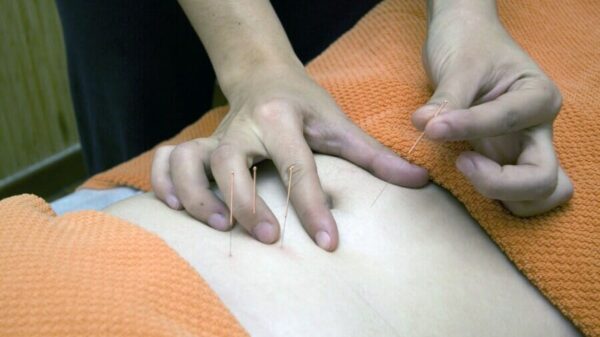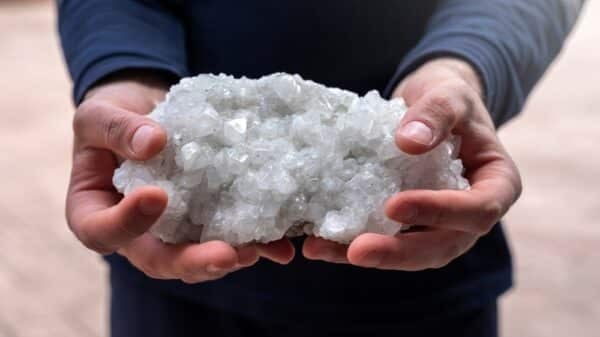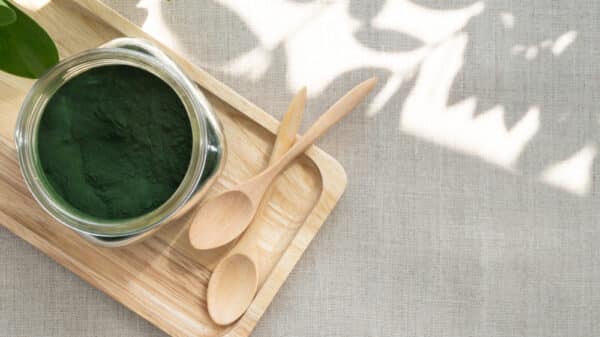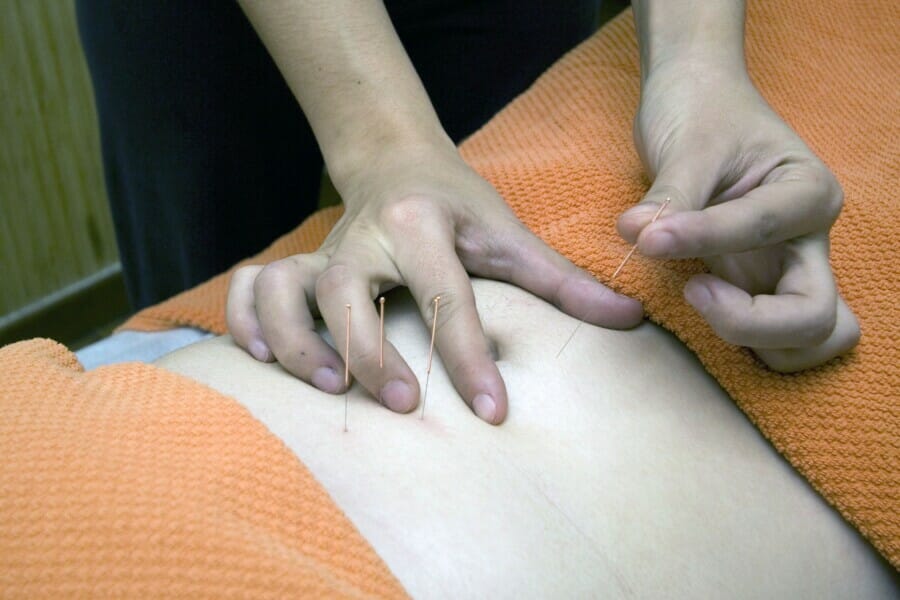Why is recovery important? Think of your muscles as an elastic band within a hair tie; consistent overuse without adequate rest can stretch them out, diminishing their effectiveness. Unlike the hair tie, allowing your muscles to rest enables them to regain their strength and resilience.
When recovering from physical exertion, techniques like massage and acupuncture emerge as effective methods for enhancing blood circulation, which is crucial as it carries oxygen necessary for muscle healing.
To determine which technique is more beneficial for muscle recovery, we consulted experts in the field.
The Importance of Massage Therapy in Muscle Recovery
Massage therapy has long been a trusted wellness practice, involving the manipulation of soft tissues for health benefits.
Clinton Kyles, CMT, from Squeeze, states that massage is particularly effective for muscle recovery. It enhances circulation, delivering oxygen and nutrients to muscles while helping to remove waste products such as lactic acid. This process aids in faster healing and reduces muscle discomfort, often referred to as delayed onset muscle soreness (DOMS).
Benefits
- Improved circulation: Kyles notes that better blood flow accelerates the healing process for your muscles.
- Reduced muscle pain: Easing tension lessens lactic acid buildup, thereby reducing DOMS and facilitating a quicker return to activity.
- Increased flexibility and range of motion: More flexible muscles are at a lower risk for injuries, contributing to enhanced athletic performance.
- Stress reduction: Massage therapy decreases the levels of stress hormones, promoting mental well-being, which is essential for recovery.
- Enhanced sleep: Quality sleep is fundamental for muscle repair, as highlighted by Kyles.
“Massage therapy considerably accelerates recovery by augmenting blood circulation, which supplies oxygen and nutrients while eliminating metabolic waste like lactic acid. This hastens healing and lessens muscle discomfort frequently felt after intense activities.” — Clinton Kyles, CMT
Limitations
Massage therapy may lead to side effects such as nausea, headaches, muscle soreness, or bruising. Proper hydration before and after the session can help alleviate these symptoms. Massages typically range from $75 to $130, and since they may not be covered by insurance, it’s advisable to confirm with your provider.
Who Should Consider Massage
Kyles advocates for massage therapy for both active individuals and those with sedentary lifestyles. For athletes, it promotes recovery and enhances performance, while also providing relief for those suffering discomfort from long periods of sitting.
Additionally, it is beneficial for individuals experiencing chronic pain, older adults, or anyone looking to reduce stress and improve physical health.
The Role of Acupuncture in Muscle Recovery
Acupuncture, which dates back to ancient China, employs the insertion of fine needles into specific points on the body to facilitate healing.
Gabriel Sher, LAc, points out that acupuncture enhances circulation, decreases inflammation, and targets areas of muscle injury.
Benefits
- Increased blood flow: The needling process promotes circulation, aiding in the recovery process.
- Boosted qi (energy flow): Balancing yin and yang is fundamental in Chinese medicine, and acupuncture facilitates this balance, allowing for unobstructed qi flow.
- Faster recovery: It helps prevent chronic injuries by speeding up muscle recovery.
Limitations
Soreness in the muscles can occur after acupuncture treatment, particularly if electric stimulation is applied, even though this technique can speed up healing. Individual sessions may cost up to $85, and repeated treatments can become costly, often lacking insurance coverage.
“Acupuncture boosts circulation, decreases swelling, and laser-focuses on injured muscles, either addressing the damage directly or through associated pathways.” — Gabriel Sher, LAc
Who Should Consider Acupuncture
According to Sher, acupuncture is highly beneficial for anyone who exerts stress on their muscles. It aims to achieve balance in both the physical and emotional aspects of the body, which is particularly significant during stressful periods.
Comparison of Massage and Acupuncture for Muscle Recovery: Final Thoughts
Both massage and acupuncture offer effective support for muscle recovery. While massage may yield improvements in flexibility and a reduction in DOMS, acupuncture typically focuses on harmonizing energy flow and speeding up recovery.
Although both methods may incur potential costs, it is advisable to check for insurance coverage options.
When choosing a recovery method, consider your personal preferences and financial situation. Keep in mind that incorporating both techniques may provide the most beneficial outcomes.
































